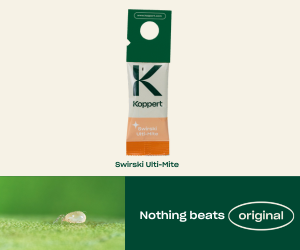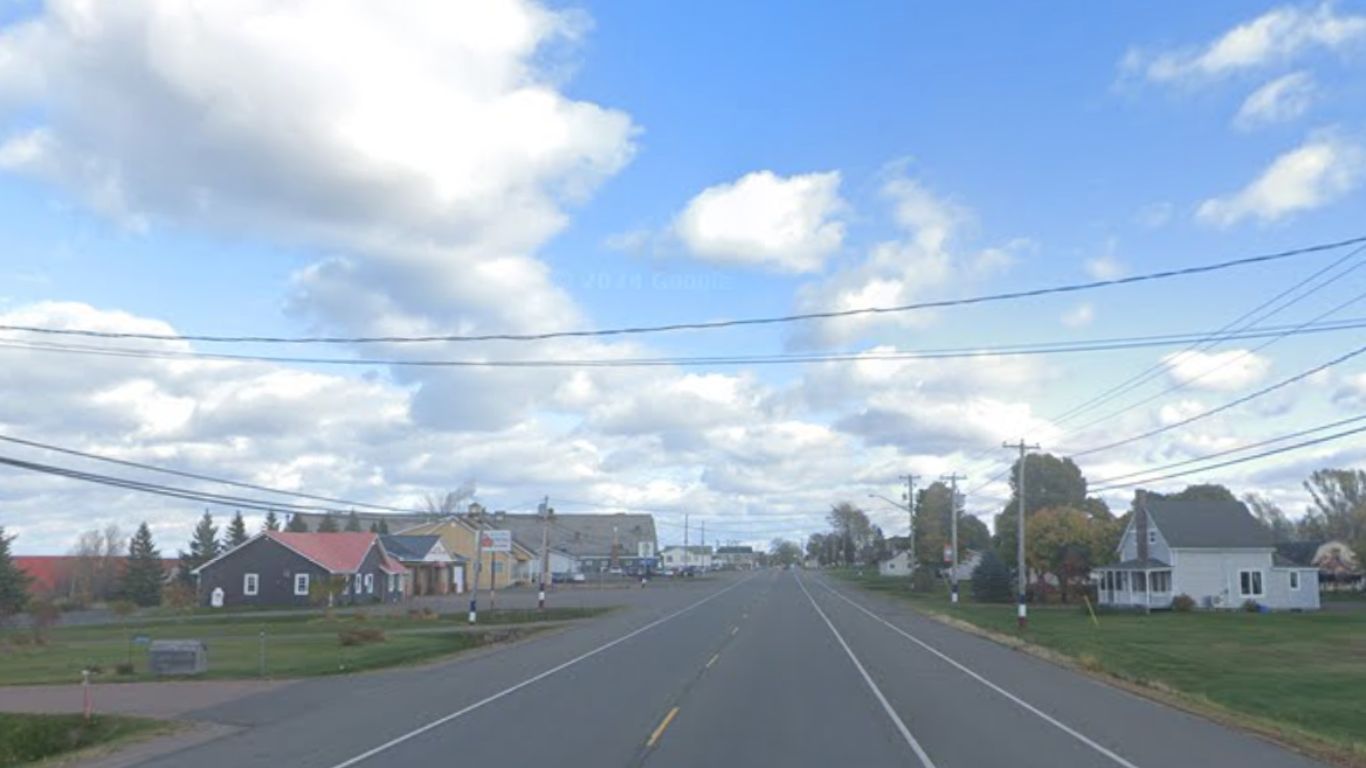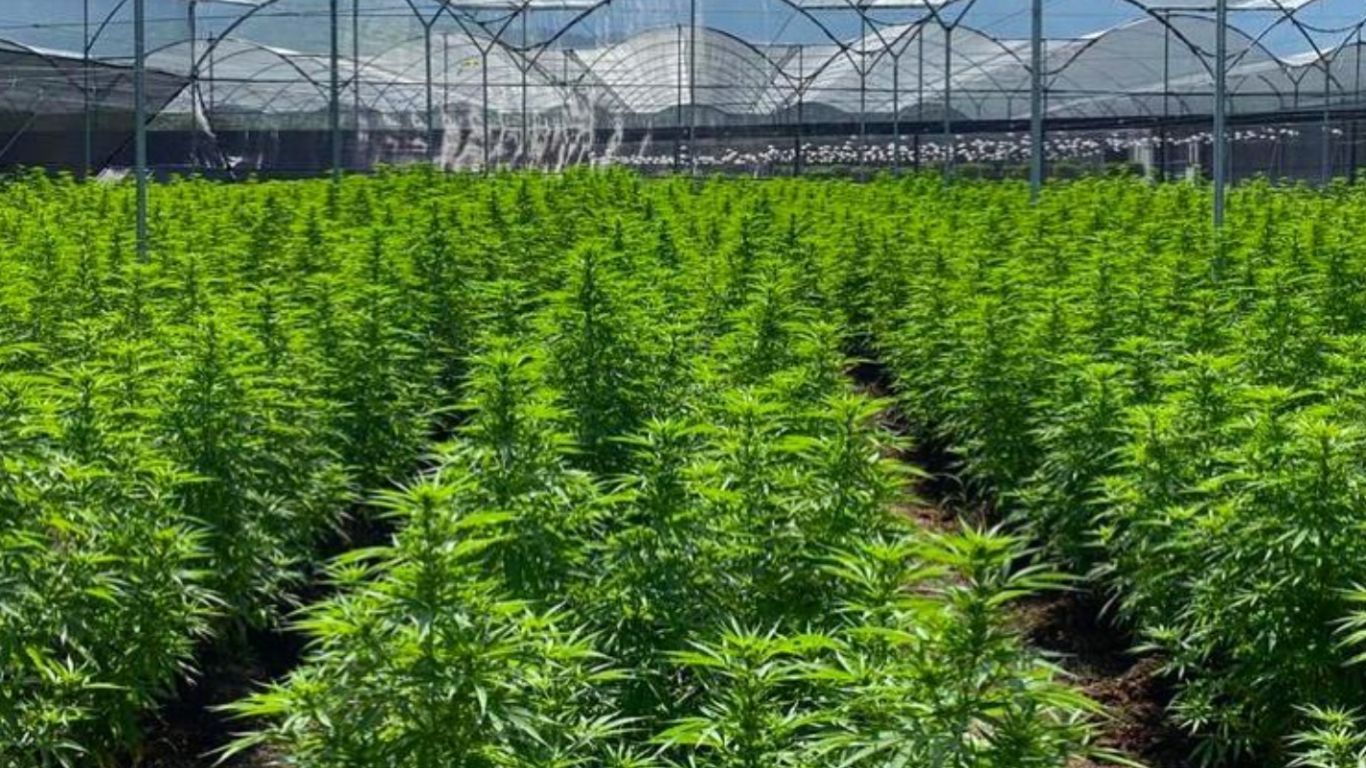
There were lots of interesting stories here on Stratcann this week. We covered the Senate Committee on Indigenous People’s report recommending expanded Indigenous jurisdiction over cannabis sales and distribution, and two updates from the SQDC.
We also had a trio of stories from the Maritimes: news of the first private store opening in New Brunswick this week, as well as their sixth farmgate store, and an update from Nova Scotia, where the government-run retailer reported more than $100 million in cannabis sales. We also looked at the Canadian companies who are increasingly interested in the export market, and news of budtenders unionizing in Manitoba.
Health Canada provided an update on industrial hemp licensing statistics.
In other news, Hexo’s shareholders approved a takeover bid from Tilray this week. It still needs to be ratified by a court, but the shareholder vote (which went around 94% in favour) all but completes Tilray’s bid for Hexo—a deal it struck for an aggregate price of around $74 million.
The takeover deal will be welcome news for shareholders, at least compared to the other Hexo news: this week, the company also reported that their cumulative losses since 2016 are north of $2 billion. Their net sales have dropped dramatically this year, down 50 percent compared to last year; selling to Tilray is looking more and more like the only good option left for shareholders.
Aurora Cannabis said this week that it would be closing its one remaining production facility in Denmark. Aurora (along with others, like Canopy) was very bullish on the European market circa 2016 to 2018 or so, but that market never really materialized. Aurora also sold their Nordic Sky facility, also located in Denmark, last year.
It’s been quarterly earnings report season for the last couple of weeks, and two more big players released their latest financial updates, which, surprisingly, weren’t as grim as they often are.
High Tide reported Q2 revenues of $118.1 million, resulting in a $1.6-million loss. The company says it currently has “nearly 10 percent” of retail market share outside of Quebec, and is optimistic about “moving towards our goal of capturing 15% of this market.”
Aurora posted more optimistic financials as well this week. Net revenues for the company’s third quarter totalled $64 million, up from $50 million a year prior. Their bottom line was helped by revenues of $10.8 million from Bevo Agtech, a vegetable company they acquired a controlling stake in last summer. The company says that it’s completed a push to find $400 million in cost savings, and is now trying to find $40 million more to trim.
On the back of more optimistic financials, the Toronto Star spoke with High Tide’s Omar Khan and Aurora’s Miguel Martin about the outlook for the industry. Khan said he was pleased to see “small nuggets” of progress from the federal government, while Martin said, “There’s still enough money in the system that allows for people to sell products at a loss.”
In less hopeful news, Fire & Flower has been delisted from the Toronto Stock Exchange after filing for creditor protection earlier this month.
MJBizDaily also had an interview with Decibel Cannabis’ Adam Coates, who weighed in on how his relatively small company has managed to outcompete many of the big players in terms of capturing market share.
Zyus Life Sciences, a cannabis producer in Saskatchewan, completed a reverse takeover of Phoenix Canada Oil Co. Ltd. on June 9, raising C$20.1 million. The company, which makes cannabinoid drugs to treat pain for osteoarthritis and bone cancer, is set for its trading debut as Zyus Life Sciences Corp. (ticker ZYUS CN) on Canada’s TSX-Venture Exchange on June 19.
In BC, Whistler’s mayor and council will consider approving Temporary Use Permits for four cannabis retail shops: two in Whistler Village, one in Creekside, and one in Function Junction next week.
Also in BC, Segra International, a cannabis nursery in Canada, signed a genetic partnership agreement with Grounded Genetics and The Holding Company (it’s unclear if they are fronted by Janis Joplin). Under the terms of the agreements, Segra will partner with both companies to bring a significant collection of unreleased genetics to Canadian and International markets.
The Nelson Daily News did an extensive write-up on new Kootenay processor Antidote Processor Inc and its first shipment of locally grown and processed cannabis to its first local retail outlet customer on May 16.
Manitoba’s Delta 9 Cannabis has secured a purchase order from 1417376 BC Ltd. for 8 of its modular Grow Pods for a cultivation facility in British Columbia. The numbered company was incorporated on May 20, 2023.
In Ontario, Wellington-Dufferin-Guelph Public Health (WDGPH) is putting out a call for people to participate in an online survey about cannabis. “We know cannabis is out there and people are using it, but that use and those behaviours and how it’s impacting people, all that information needs to be collected,” WDGPH Medical Officer of Health Dr. Nicola Mercer told CTV News.
And finally, if you needed more ammunition in accusing Ottawa of being a no-fun town, here’s a bit more: CBC reports that Ottawa Public Health made a draft submission to Health Canada recently asking for “graphic warning labels” on cannabis packaging similar to those nasty pictures of blackened lungs and mangled teeth you see on cigarette packaging. It’s hard to imagine what images you would use, though. A cleaned out fridge? A picture of someone taking a nap?

































